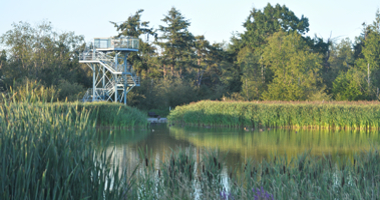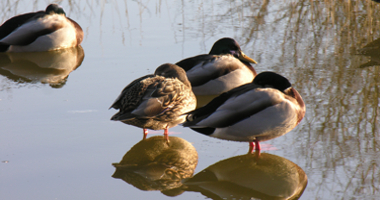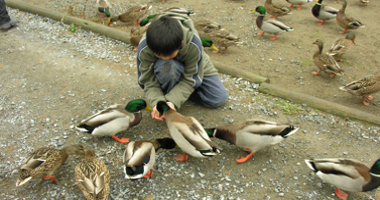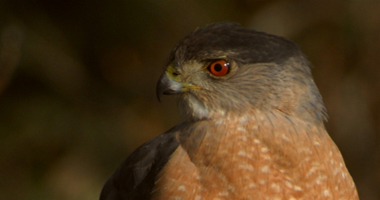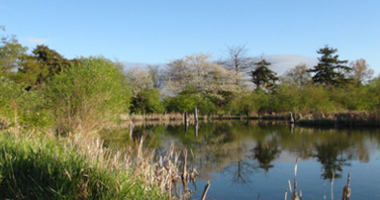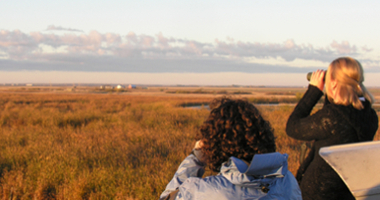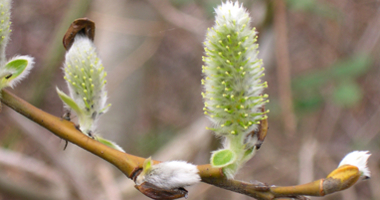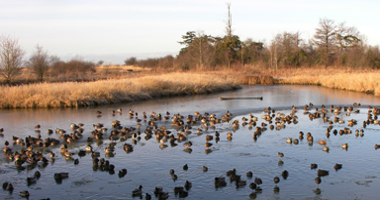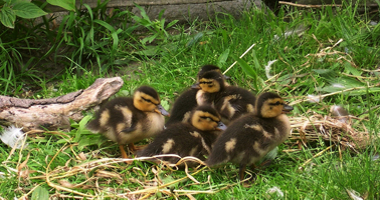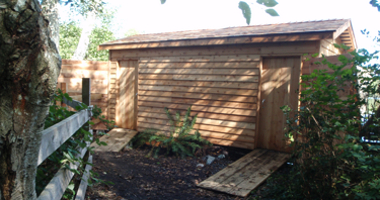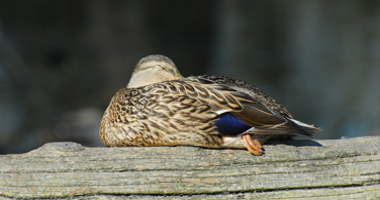Updates on Avian Flu
Last updated February 1, 2025
A local person in the Fraser Health District has recently been diagnosed with Avian Flu. This is the first person in Canada known to have contracted the disease, and the method of infection is still unknown. Generally this is a disease that reside in birds, and although they sometimes do not exhibit any symptoms, it can be passed when birds are concentrated together and can be transferred between wild birds such as waterfowl and domestic birds such as chickens. When they get sick, most animals affected die. Last year's outbreak resulted in sick and dying birds being turned in from October to April, plus some mammals such as raccoons, skunks and foxes that may have been scavenging on sick birds. For the past 8 months, the incidents declined, as birds are naturally more dispersed during the nesting season. Now that fall migration is resulting in large wild flocks concentrating in areas, reports are on the rise about sick or dead wild birds, and at least 6 poultry farms in the Fraser Valley are affected.
To be on the safe side about possible transmission of the disease here at the Sanctuary, please don't feed birds from your hands and remember to wash your hands after your visit. To avoid having contact with the birds, throw any seed on the ground for them to feed on. Thanks.
Here are federal and provincial website on Avian Flu.
https://www.canada.ca/.../avian-influenza-wild-birds.html
http://www.bccdc.ca/.../diseases-conditions/avian-influenza
Previous update November 30th, 2023
In February 2022, the pathogenic versions of Avian Flu (H5N1) were starting to show up across North America in the form of outbreaks of this disease in poultry farms, but also some significant wild bird mortalities (for example, Bald Eagles, and Snow Geese). This disease can easily spread between wild birds when they congregate in large flocks. Wild waterfowl (ducks, geese and swans) are thought to be the main carriers of Avian Influenza (AI) around the world. Most ducks do not have any symptoms, but can carry the pathogen and transmit it through airborn means or via their faeces to other wild birds, humans, but also to domestic chicken and turkeys. In 2014, there was a major outbreak of Avian Influenza that affected many poultry farms in the Fraser Valley, and every time since that there is an outbreak, many of these farms have had to euthanize their flocks or at least set up strict bio-hazard prevention protocols to prevent the further spread of the disease.
Throughout 2022 and 2023, we have been alerting visitors about protocols to follow and we have kept our feeders empty in the summer months. Visitors have been informed of the hazards related to this disease, and encouraged to avoid spreading the disease through hand-feeding, touching the birds or attracting big crowds of ducks in one area with seed. In May and June 2022, we noticed some sick birds and sent several specimens off for testing. A dead Wood Duck and Great Blue Heron both tested positive, as were many Canada Geese, Green-winged Teal, Bufflehead, and suspected Gadwall.
The Avian Flu outbreak so far has resulted in mortalities to over 50 species of wild birds in North America. Since the outbreak began, some B.C. mammals have now tested positive for the disease (Skunks, Raccoons, Foxes), as well as several birds of prey such as Cooper's Hawks, Bald Eagles and Great Horned Owls. Spring 2023 migrant flocks of waterfowl again showed significant mortalities. Local Snow Goose flocks in March 2023 were hard hit, with some specimens turned in from Westham Island farms close to the Sanctuary.
There were few local reports of problems with wild birds in the summer of 2023, but this fall (2023) the number of mortalities has risen again, coinciding with the arrival of large flocks of migratory waterfowl. Poultry farms once again are under isolation in the Fraser Valley. Once again, we need to be careful about any cross-contamination when visiting between places where wild birds congregate and where poultry farms are located.
At the Sanctuary, visitors are asked not to touch the birds or encourage them to be in really close proximity to one another for any length of time. For example, please do not disperse a lot of seed in just one place, as that makes very concentrated duck flocks.We recommend throwing seed on the ground for them. We also ask visitors to report any dead birds or birds they may notice exhibiting signs of disorientation or respiratory distress.
Avian Flu has shown to be adaptable, with different strains arising over time, so it should not be ignored as a potential hazard to human health as well as bird health. After three years of Covid-19 prevention efforts, this is not the time to handle our birds and start new outbreaks of wild bird disease or new variants. Many visitors enjoy feeding the ducks here, but should avoid direct contact, and should wash their hands after their visit.
Depending on the severity of outbreaks, some protocols at the Sanctuary may be changed to reduce the risk of the spread of this disease.




